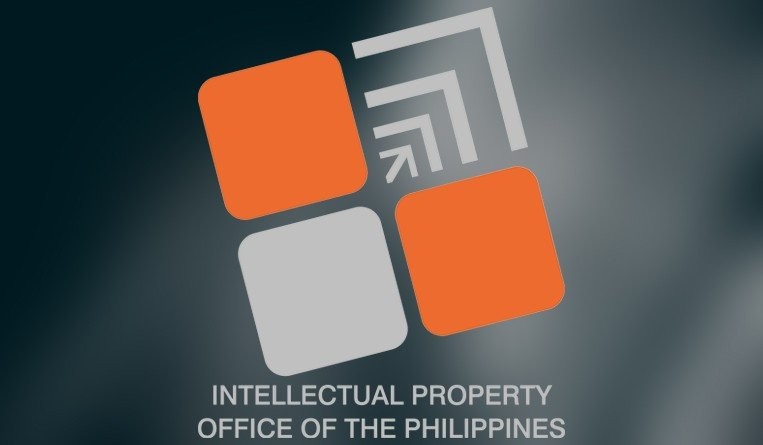IPOPHL holds first Copyright Forum to deepen ties with creative economy players
08 April 2020

Lack of awareness and basic understanding of the intellectual property system, particularly copyright and related rights, remain to be one of the biggest problems stifling the creative economy, copyright license managers lamented at the first of the Copyright Forum Series organized by the Intellectual Property Office of the Philippines (IPOPHL).
The problem raised has long been a familiar one not only to copyright holders but to all IP owners either of trademark, patents, utility models or industrial design whose works can be undermined by society’s inadequate appreciation of IP. The root cause of this challenge has been due to IP's traditional stereotype as an esoteric subject.
However, what’s worse but is common to this day is that copyright holders are often in limbo as to the full suite of rights they could exercise to protect their intellectual creations.
“The field of copyright and related rights protection, is indeed, a web of legal intricacies and can be highly technical for any average copyright holder without expertise in law. For copyright holders, managing their rights to a full extent may be burdensome, or even unrealistic when their works become the subject of mass-level infringement, a crime which is intentionally and unintentionally conducted in the digital world on a day-to-day basis,” IPOPHL Director General Rowel S. Barba said.
“But the copyright system should be viewed as not a stifler of creativity but rather a driver of it. After all, the copyright system is one way for artists to devote themselves to their craft while also earning a decent and well-deserved pay,” Barba added.
CMOs as one-stop shop for copyright holders and users
The IPOPHL chief said that for creators to afford allotting all their time and resources on doing and perfecting their craft, tapping collective management organizations (CMOs) is a low-cost and convenient track they should take.
“CMOs offer the best arrangement for copyright holders: they administer the exploitation of your rights, from collecting fees to warning and going after those who infringe on your rights,” Barba said.
Besides the benefits CMOs render to copyright holders, they also help businesses that use copyrighted works for commercial purposes do so in a legal manner.
“With CMOs, users of protected works are offered a single payment and processing facility. To pay to and seek permission from copyright holders, these users will only need to coordinate with one collecting group relevant to the type of copyrighted work. Such convenient and practical arrangement is essential because if users don’t comply with our IP Law, that could mean imprisonment of between one to three years and a fine of between P50,000 to P150,000. And that’s only for the first offense,” Barba added.
IPOPHL chief puts creative economy as top priority
Despite the long and winding path to seeing the ambitious goals for the creative economy come to fruition, IPOPHL and stakeholders have been making significant strides as evidenced by the Office’s successful launch of the Copyright Forum Series, a first of more relationship-building activities for the IPOPHL’s Bureau of Copyright and Related Rights (BCRR); sustained increase in IP applications; higher online engagement; and massive and increased attendance in its forums,
training workshops, and seminars.
Barba has committed to further ignite the advocacy and communications campaign on IP, especially copyright, on a national scale and down to MSMEs.
In fact, upon assuming office, the IPOPHL chief emphasized that his priority-sector will be the creative economy or copyright-based sector for its massive untapped potential to spur economic growth and advance cultural esteem.
Refined guidelines on copyright law, targeted for completion this year
Other concerns raised by CMOs include the need for a refined definition of fair use and stretching the period of validity of accreditation for CMOs to five years from three, among others.
BCRR Director Emerson G. Cuyo assured that these concerns will be resolved once the bureau comes out with the implementing rules and regulations (IRR) for the Copyright Law, many of which are ready for release.
“The IRRs have gone through a series of consultations. BCRR is just going through it one more time for review before it is elevated to the Office of the Director General for final approval and signing,” Cuyo said.
Barba said the IRRs, which will provide fine-tuned guidelines on the implementation of certain copyright-related provisions of the IP Code of 1998, is “long delayed.”
“This will be a priority and all necessary IRRs under the Copyright Law should be issued within the year,” the IPOPHL chief added.
Excel V. Dyquiangco






